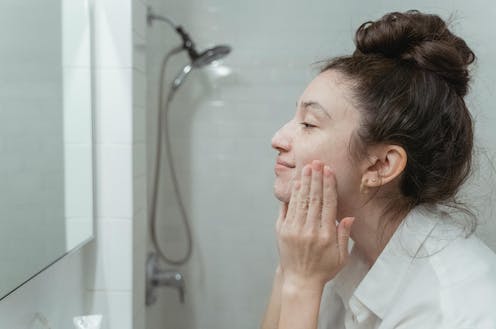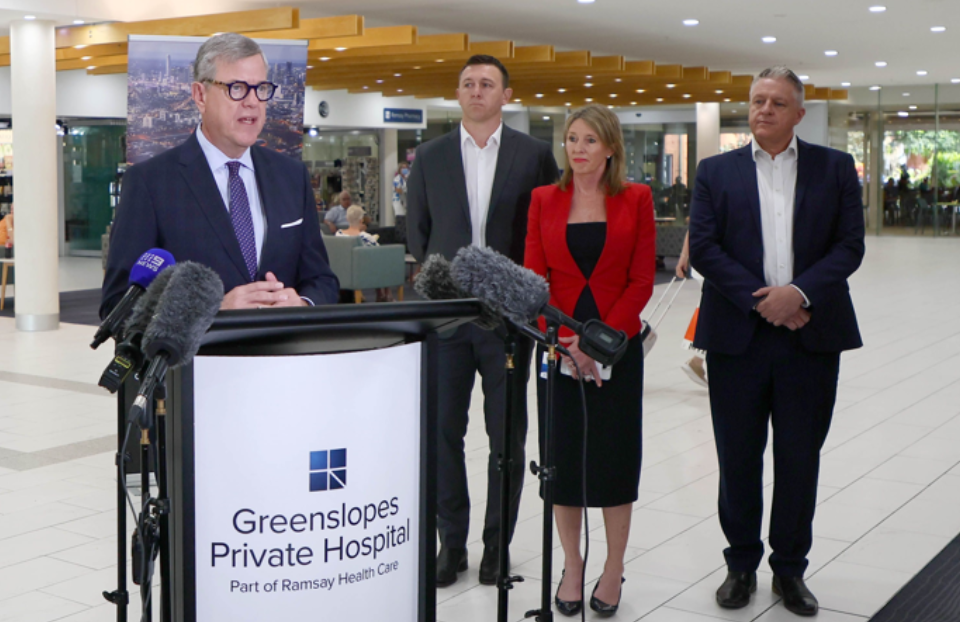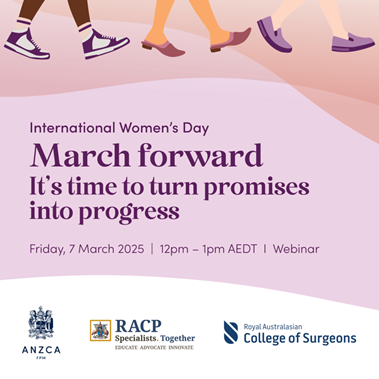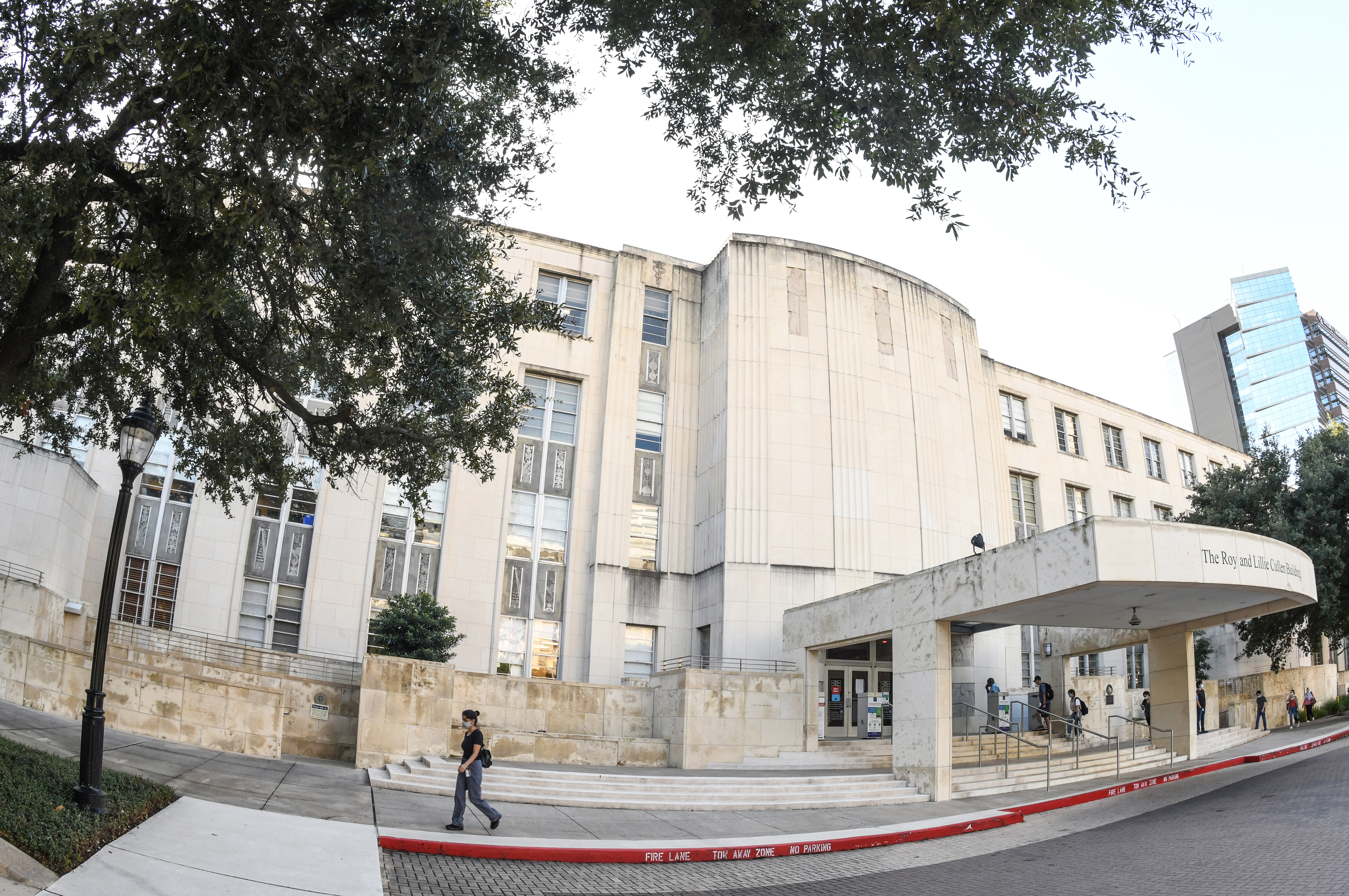The University of South Australia has won almost $550,000 in research funding from the to support seven research projects focussed specifically on improving the physical and psychological health of children.
The projects include new proton radiation techniques to more safely treat children with brain cancer, new treatments for childhood epilepsy, tracking down the genetic factors that contribute to medulloblastoma (kids’ brain cancers), the development of fibre-clay hybrid materials to promote gut health and inhibit childhood obesity, employing virtual reality as a teaching aid for independence in children with intellectual disabilities and a project looking at the factors that help young people who have witnessed domestic violence, go on to create healthy relationships.
Channel 7 Children’s Research Foundation Executive Director, Greg Ward says the wide range of grants take research from the most sophisticated biological and genetic investigations, through to the most complex and nuanced understanding of relationships and how they impact children’s health and well-being longer term.
“Increasingly we want to support research that looks at the whole child, from illnesses and conditions that can put them at risk, right through to the psycho-sociological factors that influence healthy life outcomes,” Ward says.
University of South Australia Vice Chancellor Research and Enterprise, says the support provided by the Channel 7 Children’s Research Foundation is invaluable.
“The Foundation has a proud philanthropic tradition and its support of vital university research, targeted at key childhood diseases, continues to fund important work in enduring childhood illnesses, such as cancer and epilepsy and rapidly emerging problems, such as obesity.
“The partnerships the Foundation forges with university research teams, by funding high potential research, is supporting children in myriad ways to survive, and longer term, to live healthier lives.
“At UniSA, we are grateful to have their support.”
The full list of successful projects includes:
- Reducing developmental disorders and other side effects with novel proton radiation treatment for children with brain cancers. Lead researcher – Mikaela Dell’Oro
- Developing Novel Treatments for mTOR-Related Severe Childhood Epilepsies. Lead researcher – Professor Leanne Dibbens
- Children’s problematic sexual behaviour in schools: Identifying and addressing collaborative responses to incidents. Lead Researcher – Dr Lesley-Anne Ey
- What helps young people create healthy relationships and reject domestic violence? Lead researcher- Dr Fiona Buchanan
- A new therapeutic target for childhood medulloblastoma Lead researcher – Professor Stuart Pitson
- Promoting child and adolescent gut health through supplementation of novel fibre-clay hybrid biomaterials. Lead researcher – Dr Paul Joyce
- Helping children with intellectual disabilities develop real-world life skills in virtual reality. Lead researcher – Stefan Michalski








